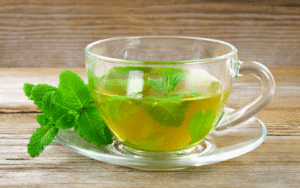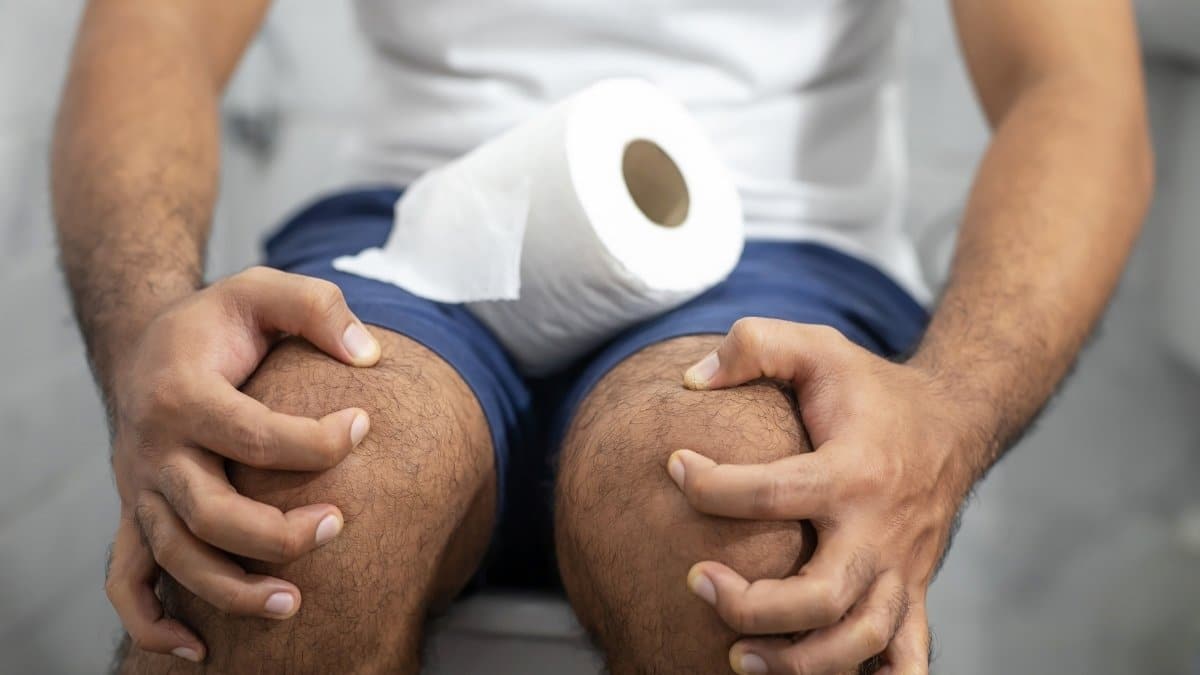Everyone craves smoother digestion. But most of the time, people face these gastric issues that they cannot avoid. Digestion difficulties are a common complaint, and there are a variety of causes, ranging from food to stress. Symptoms usually go away by themselves, but there are several simple home treatments that can help.
Looking for a “recipe” for better digestion? Begin with these nine suggestions. They can help you avoid symptoms like bloating, belching, and heartburn.
Of course, if you have any serious or persistent digestive problems complaints, visit your doctor. Among the most common stomach issues are:
- Gastrointestinal distress
- Heartburn
- Nausea
- Gas
- Bloating
- Constipation
- Diarrhoea
An unhealthy diet or way of life can lead to more frequent digestive problems, and making lifestyle adjustments can often help alleviate symptoms. A doctor can provide guidance and support.
Regular stomach discomfort might also be caused by an underlying medical condition, a medicine, or dietary intolerance. In the short term, home treatments can aid digestion. More major dietary or lifestyle adjustments may be required for long-term improvement.
It’s more than “you are what you eat” when it comes to getting the most out of your digestion – it’s “you are what you absorb.” Continue reading for advice on how to improve your digestion.
This is because, even if you eat the best meals, you must digest and absorb their nutrients to reap the advantages. Digestive problems prevent you from doing so, as well as causing unpleasant symptoms such as gas, diarrhoea, bloating, constipation, weight gain, and other issues.
Also Read: Detox Diet: Feeling The Need To Flush Your System?
How Can We Improve Our Digestive System?
You may improve your digestion and acquire the nutrients you require by making simple and practical changes.
We don’t talk about intestinal problems, and we don’t seek care for such a prevalent ailment. Diarrhoea, constipation, irritable bowel syndrome (IBS), inflammatory bowel disease (IBD), and heartburn are the most prevalent digestive-related issues.
An unhealthy lifestyle, bad diet, food sensitivity, or even an infection can all contribute to these symptoms.
And, just as there are a plethora of causes, there are a plethora of solutions to assist your digestive system is functioning properly.
As dietitians, we think that real food (and a healthy lifestyle) is powerful medicine, and that simply changing what you eat, when you eat, and how you eat can significantly improve your digestion.
These are the ways you can actually turn around your digestive problems:
Make a Mint Tea:

Mint tea can help with nausea and indigestion. Mint, on the other hand, may cause heartburn or acid reflux in some people.
To create a basic mint tea, follow these steps:
- 5–10 peppermint or spearmint leaves should be set aside.
- 1 cup of water should be brought to a boil and then allowed to cool somewhat.
- Steep for 3–5 minutes after pouring the water over the leaves.
- If preferred, garnish with a lemon slice or a small quantity of honey.
In the short term, peppermint oil has been reported to reduce symptoms of irritable bowel syndrome (IBS), such as stomach pain. However, there hasn’t been enough research done to see if mint offers long-term digestive advantages.
Eliminate stress from your life:
Many individuals get an upset stomach before an exam or a large event, but chronic stress can disrupt the brain-gut connection, resulting in long-term difficulties.
There is a linkage between physical and mental health, and stress reduction can help with both. According to the American Psychological Association, there are three main approaches to dealing with stress:
- Having a strong support system
- Regular physical activity
- Obtaining adequate sleep
It’s tempting to rush meals during a hectic day, but this can lead to indigestion and stomach pain. Take some time to unwind, especially before and after meals. By seeking help and implementing changes, you can reduce your stress.
Drink plenty of hot water and herbal teas to aid digestion:
Both aid in the detoxification of the body and the strengthening of the digestive system. A ginger root tea can be made by simmering a few slices of ginger root in boiling water to stimulate digestion.
Ginger in cuisine and candied ginger root consumed after meals have the same effect.
Chamomile, peppermint, and cinnamon are other plants that aid digestion and create wonderful herbal drinks.
Chew your food thoroughly and consume slowly:
Each mouthful should be chewed 30 times, breaking the meal down into little particles and allowing the salivary enzymes to begin the process of digestion.
If you’re used to “bolting” your food, try putting the fork down between mouthfuls and swallowing one bite before taking another to slow down.
Overeating should be avoided:
Excessive food consumption puts a strain on the entire digestive system. At any meal, Ayurvedic medicine advises eating the amount of food that fits into two cupped hands.
While you’re still hungry, practice moving away from the table.
Take a walk:
Digestion can be aided by mild exercise. Gravity assists in the movement of food through the digestive system when you are upright and active.
Bloating and sensations of fullness can be relieved by taking a slow walk around the block, for example.
Maintain Hydration:
Water Is Vital For Digestion! Water is required for the proper digestion and absorption of solid foods. Without water, the entire body’s performance suffers, which can result in dehydration and low blood pressure, both of which can cause constipation.
Bottom Line
Don’t make the mistake of taking any digestive problems for granted. Leaving them untreated may lead to multiple additional complications like bleeding, bloating, constipation, diarrhoea, heartburn, GERD, nausea, vomiting, and bacterial or parasitic infection.
Check out easygoing treatments for some digestive problems like acid reflux, bacterial, parasitic or worm infection: Omeprazole(Omesec), Metronidazole(Flagyl), Ivermectin(Ivecop), Diethylcarbamazine (Banocide Forte).











